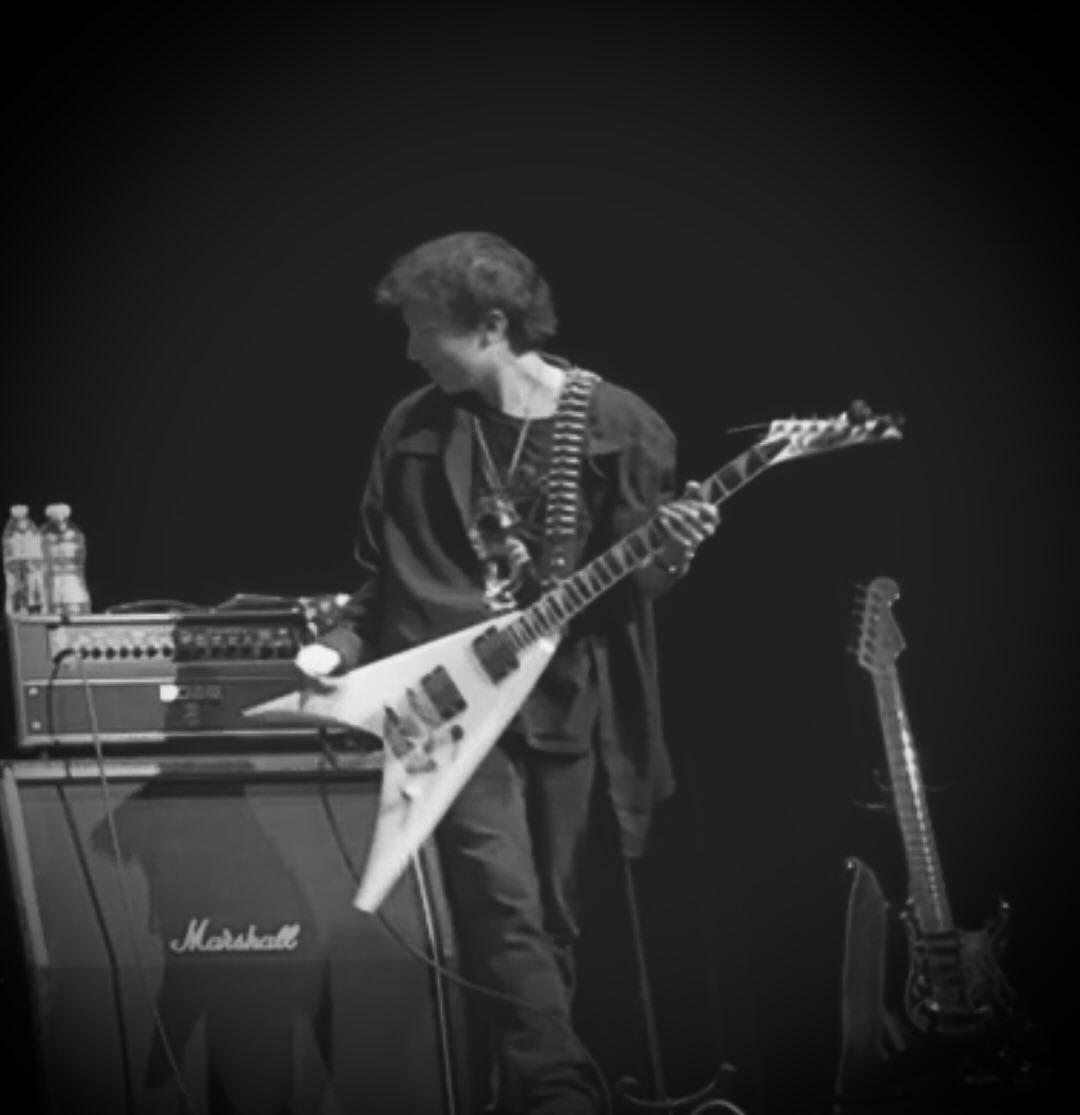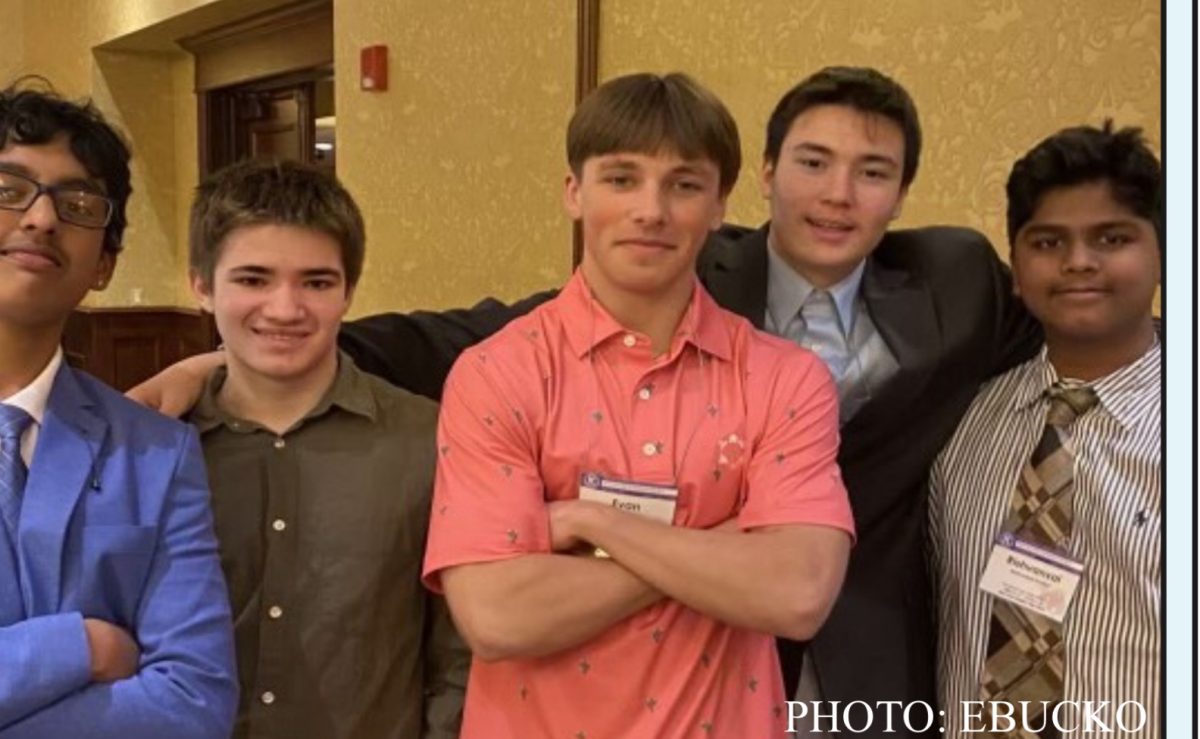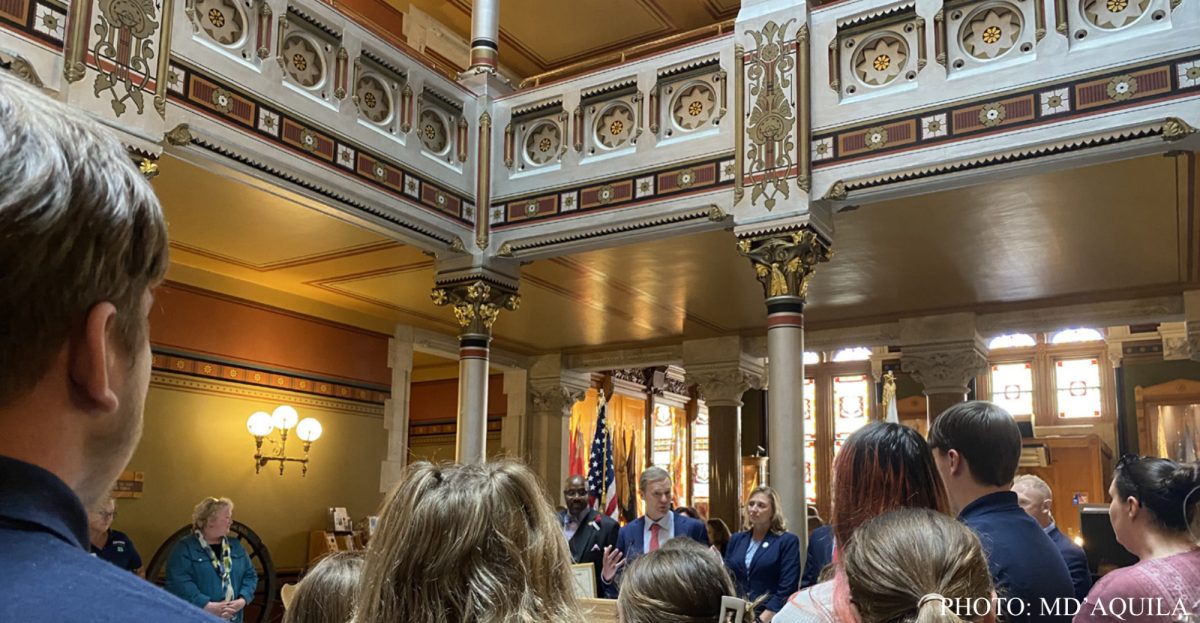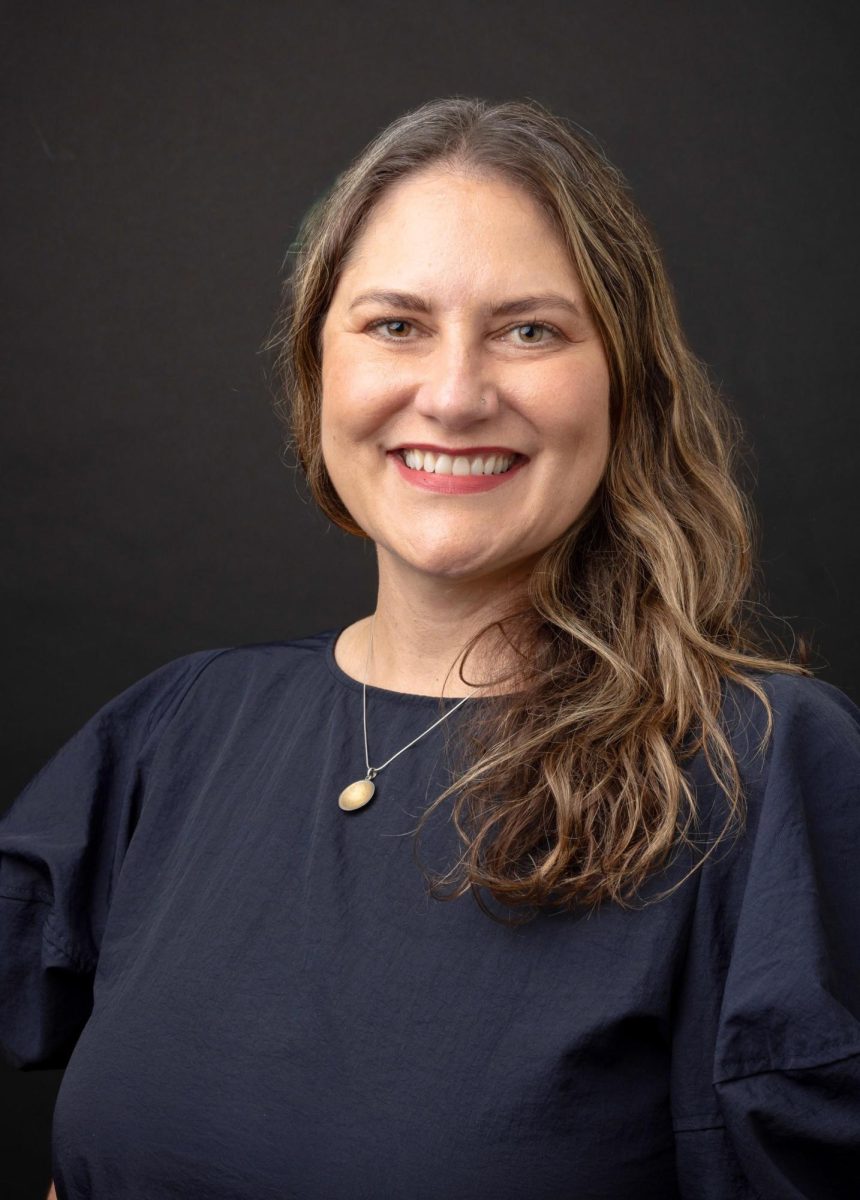Jack Rheinhold:
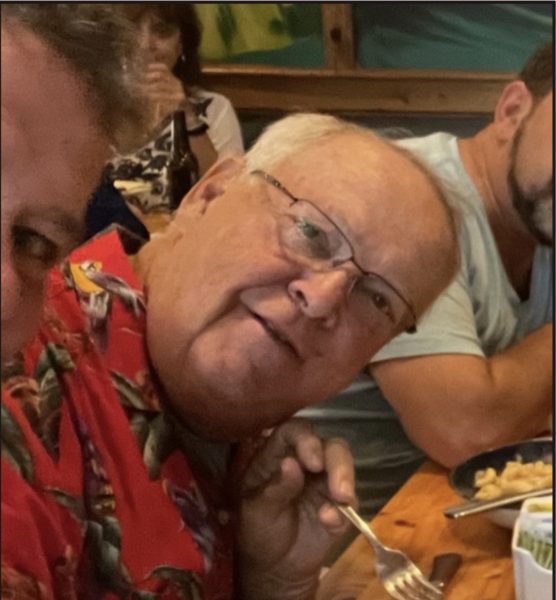
On June 1, 1968 Mr. Rheinhold was one of the many men aged 18-30 drafted to serve in the Vietnam War. A decade ago, Reinhold would not have been comfortable discussing this. He believes that his experience enhanced his emotions greatly. He can’t sing the Star Spangled Banner, gets worked up when someone compliments him, and occasionally breaks down in tears without warning. Mr. Rheinhold believes that war is a cruel part of life, and he did not deserve to be forced into service without his consent.
“We must defend our freedom to choose our path, legally and honestly. And we need a military to defend our way of life. I support that,” Mr. Rheinhold said.
A draft was implemented by the government in the 1960s, placed on every male between the ages of 18 and 30. He was taken aback and ill-prepared to be a soldier when his name was drafted. Mr. Rheinhold’s alternative options were to “not show up and risk arrest” or, like many other men his age, move to Canada.
“It was something that I had to do, and I hoped that I would live until my time in service was complete,” Mr. Rheinhold said.
Rheinhold was sent to Cu Chi, an area in Vietnam. While working as a demolitions expert and combat engineer, he was wounded and given a new assignment as a “Personnel Specialist.” A personnel specialist assists the company’s human resources department in hiring new employees. Then, he oversaw a Special Detachment unit in Fort Dix, New Jersey. After returning from war, Rheinhold was “dazed.” Even now, a great deal of people struggle with post-traumatic stress disorder, drug addiction, war-related disorders, and trouble focusing on their families or careers.
“I too suffered, but quietly, and at times unexpectedly. Deep in my memory, there
was emotion,” Mr. Rheinhold said.
Steve Carter:
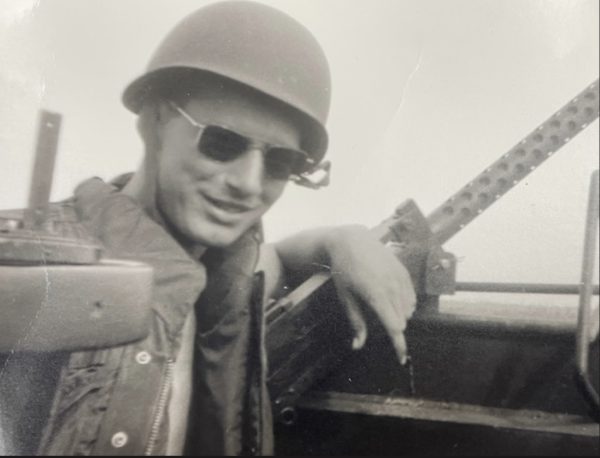
Carter made the difficult, life changing decision to enlist in the Navy when he was just 19 years old, and he served in the Vietnam war in 1969-1970. He enlisted in the Navy with the intention of avoiding Vietnam and with a background in electronics, he knew he could do well. Prior to becoming captain, he worked as a civilian contractor
aboard the Sphynx.
“During the day you were friends, at night you’re shooting each other,” Carter said.
Carter believes that making friends throughout the war was his greatest learning experience. Every year, Carter gets together in Branson, Missouri, with his lifelong military companions to catch up and discuss life. On one sunny autumn day, Carter had to shoot in the daylight instead of into the darkness at night with a 40 mm rifle. Although he had no trouble shooting, it troubled him to realize that there was actual life where he was firing.
During Carter’s time in service, the U.S. military utilized Agent Orange, a poisonous chemical that kills plants, to remove vegetation during the Vietnam War. Agent Orange had life threatening effects on Carter, who is still battling
with heart trouble today.
Carter feels appreciative of his military service as it increased his confidence and sense of responsibility. Because he was in charge of so many people’s welfare, it was only natural for him to be a strong leader for the remainder of his life. He adds that although he and friends used to play “army” when they were younger, the actual
experience was very different.
